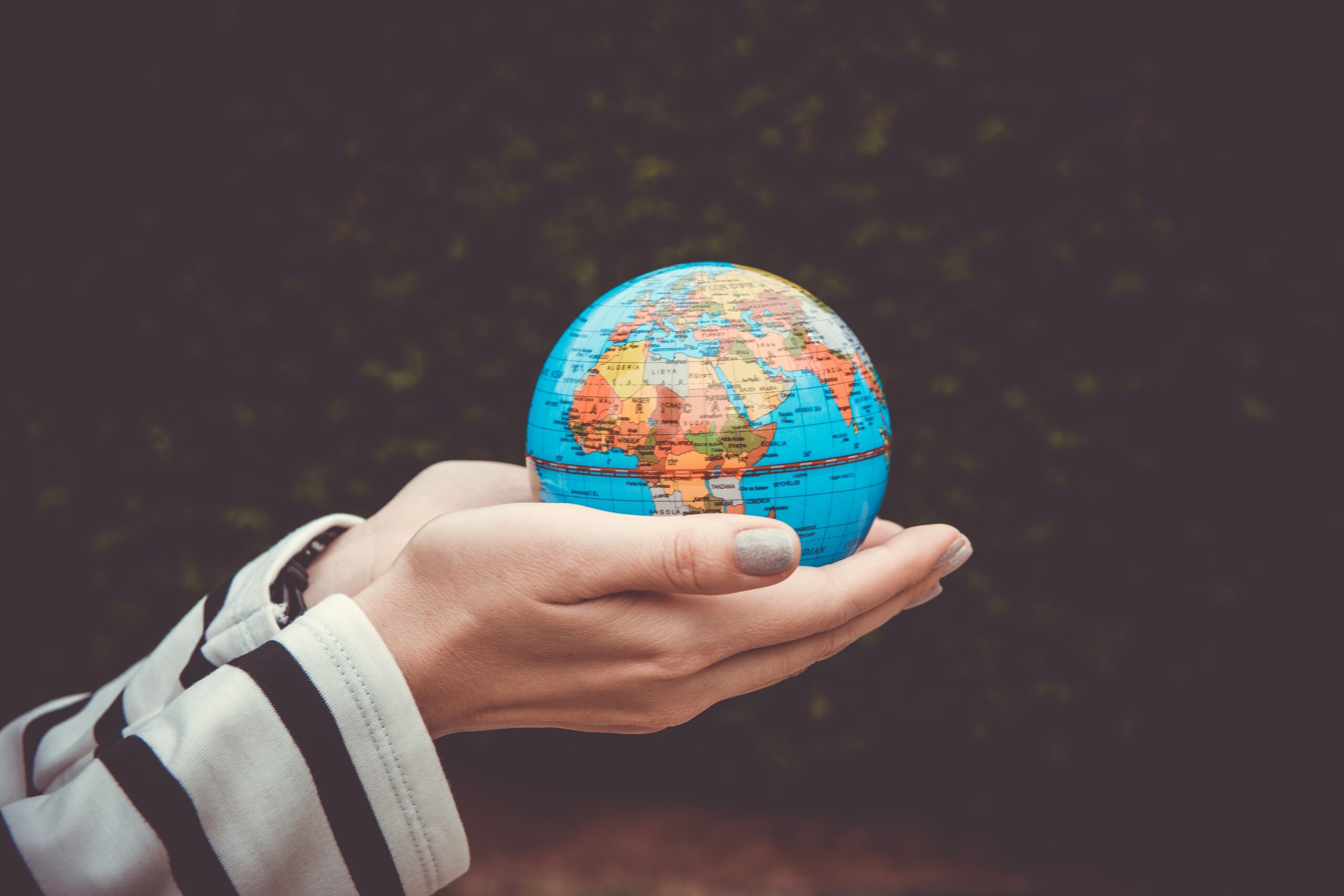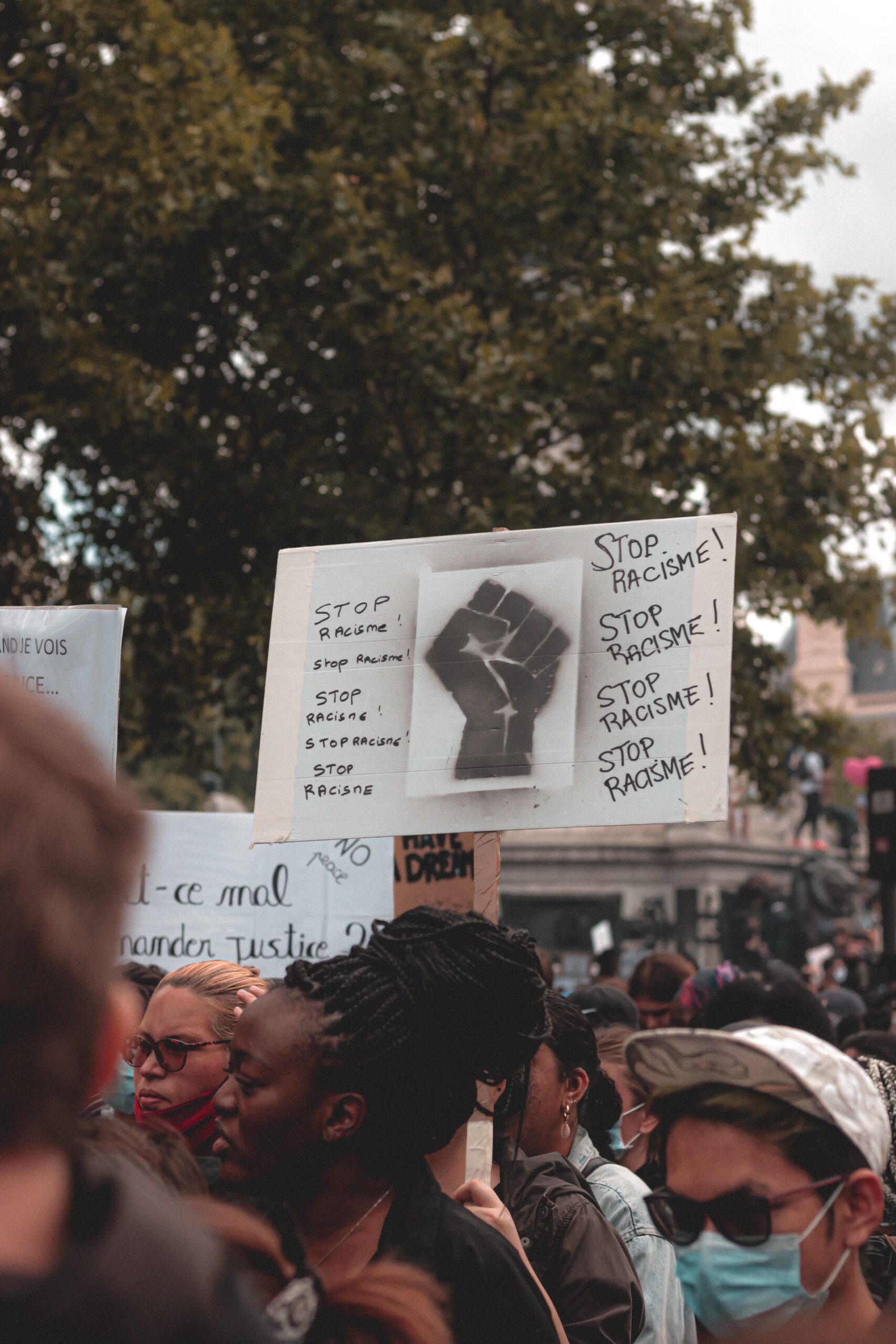Global citizenship does not replace passports or boundaries, and it is not a legal status. Still, according to a BBC World Service poll, many people are increasingly identifying as global citizens rather than national citizens.
A global citizen is someone who is aware of and understands the larger world – and their part in it. They participate actively in their community and collaborate with others to make our planet more equal, fair, and sustainable.
A global citizen looks beyond their immediate surroundings to evaluate how their actions affect the rest of the globe. They acknowledge the interconnectedness of globalization and the importance of technology in connecting us. Anyone can be a global citizen from the comfort of their own home. Being a global citizen requires crisis response, respect for public health information, community service, and being informed. Understanding local-global links, accepting diversity, and seeking creative solutions are all essential. Even during a pandemic, global citizens stay connected by taking precautions, displaying solidarity, and building bridges for collaboration.
Who Are Members of Global Citizenship
Global citizenship is not limited to any specific group of people; it is a concept and a mindset that anyone can embrace. Global citizenship is inclusive and encourages individuals from all backgrounds, nationalities, and walks of life to participate. Here are some examples of individuals who can be considered members of global citizenship:
1. Individuals
Anyone who actively seeks to understand global issues, appreciates cultural diversity, and takes responsibility for their actions to create positive change can consider themselves a global citizen. It is a personal choice and commitment to be engaged in global affairs.
2. Students and Educators
Educational institutions often promote global citizenship as part of their curriculum. Students and educators who engage in programs and activities that promote awareness of global issues, cultural understanding, and social responsibility are actively participating in global citizenship.
3. Non-governmental Organizations (NGOs)
NGOs play a crucial role in addressing global challenges and advocating for human rights, environmental sustainability, and social justice. Many NGOs work internationally and engage in projects and campaigns that align with the principles of global citizenship.
4. International Organizations
International organizations such as the United Nations, World Health Organization, and World Bank work towards global cooperation, sustainable development, and addressing global issues. Their efforts and initiatives contribute to the advancement of global citizenship.
5. Social Activists and Advocates
Individuals who actively work to raise awareness, advocate for human rights, and address social and environmental issues on a global scale can be considered members of global citizenship. Their efforts help mobilize communities and create positive change.
6. Global Business Leaders
Business leaders who incorporate ethical practices, sustainability, and social responsibility into their organizations can contribute to global citizenship. They play a role in promoting economic development, fair trade, and environmentally friendly practices.
7. Government Officials and Policymakers
Government officials and policymakers who prioritize international cooperation, advocate for human rights, and work towards sustainable development can contribute to global citizenship. Their decisions and policies can have a significant impact on global issues.
Global Citizenship Rights
The Universal Declaration of Human Rights, which was written after World War II, lays out the rights of global citizens. The Universal Declaration has always been based on the freedom, equality, and fairness of each person. But the way human rights are used changes over time as the political, economic, and social structures of society change. Also, new rights have come up that weren’t on the list of human rights in 1948, like the right to access the internet, the right to be LGBT, and the right to protect the environment. Some people say that the Universal Declaration of Human Rights needs to be updated because new rights have been created and government systems are changing.
The biggest trouble with human rights has been that they have been hard to enforce around the world. Human rights have been disregarded and abused for a long time by sovereign governments, religious institutions, corporations, and other groups. More and more foreign ways have been set up to report violations of human rights. There are also global, regional, and state courts that rule on cases of human rights violations. But, unfortunately, mechanisms for enforcing human rights still have limited legal power, and many states have not decided to join them. This is another reason why our current human rights policies and programs should be looked at and updated.
Global Citizenship Responsibilities
A person who lives in an emerging world community and is a global citizen has moral, ethical, political, and economic obligations. Some of these responsibilities are:
1. Understanding one’s own and others’ perspectives on global issues.
Almost every world problem can be seen from different ethnic, social, political, and economic points of view. It is the job of global citizens to understand these different points of view and work toward problem-solving agreement and the building of solutions that work for everyone. A global citizen shouldn’t take sides with any one point of view. Instead, they should try to find ways to bring all points of view together.
2. Responsibility to respect the idea of cultural diversity as a principle.
Most of the time, the different points of view on global problems come from different cultural belief systems. Each of our major cultural beliefs adds something to our search for answers to the problems we face on a world scale. In order to build a sustainable world community based on shared values, it is important to respect the world’s different cultural traditions, try to bring together the leaders of these different cultural traditions, who often have a lot in common, and help leaders use the best parts of their cultures to solve global problems and build a world community.
3. Responsibility to connect with and get to know people from other places and cultures.
Citizens of the world need to reach out and get to know people from other places and cultures. If we don’t, we’ll keep living in small groups with narrow, often conflict-prone views on global problems. It’s not hard to make friends around the world. People from different countries, cultures, and customs now live in most countries, cities, and towns. There are many ways to talk to people about different things on the Internet. Even if you don’t travel abroad, you can still build a network of personal and group relationships with people from other countries and cultures. Building these kinds of networks helps people see how they are alike and how they are different. It also helps them look for ways to solve the same world problems.
4. Responsibility to know how the people and governments of the world are connected and depend on each other.
Citizens of the world have a duty to understand how their lives are linked to those of people and governments in other parts of the world. For example, they need to understand how the global environment affects them where they live and how the way they live affects the environment in other parts of the world. They need to know how violations of human rights in other countries affect their own human rights, how growing wealth inequality around the world affects the quality of their lives, and how the flow of people from other countries affects what happens in their own countries.
5. Responsibility to know about global problems.
Global citizens have a duty to learn about the big global problems that touch them. For example, they need to know how a lack of resources affects communities, how the current distribution of wealth and power in the world causes problems, what causes wars and how to stop them, and what problems are caused by a growing world population.
6. Responsibility to advocate for more foreign cooperation with other countries.
Global people need to take action to encourage their country and other countries to work together more. When a global problem comes up, it’s important for global citizens to give their countries advice on how they can work with other countries to solve it, or how they can work with established international organizations like the United Nations, instead of taking a unilateral course of action.
7. Advocating for the execution of global agreements, conventions, and treaties.
Global citizens have to push for their countries to approve and carry out the international agreements, conventions, and treaties that they have signed.
8. Advocating for more effective global fairness and justice in all of the world community’s value domains.
There are more and more cross-sector problems that make it important to have global standards of justice and fairness. For example, the world’s military spending is going up, different countries don’t have the same access to technology, and national immigration rules aren’t always the same. It is up to people all over the world to work together and fight for global equality and fairness solutions to these problems.
The Importance of Global Citizenship
Global citizenship is important because it helps people work together, understand each other, and take care of each other. Global citizenship urges people to look beyond their own small worlds and take a wider view that includes the well-being of the whole planet. It challenges the idea of “us versus them” and encourages people from different countries, cultures, and beliefs to work together.
Global citizenship helps people understand that the things they do and choices they make in their own communities can have big effects on the world as a whole. It makes us think about how our choices affect other people, even if they live far away. This makes people feel like they have a responsibility to work toward solutions that help everyone and solve world problems like poverty, inequality, climate change, and violations of human rights.
Global citizenship also helps people see that their own morals and values depend on their culture and society. It helps people learn to appreciate differences and be open to different points of view. By adopting this way of thinking, global citizens are better able to deal with complicated global problems, have productive conversations, and find solutions that include everyone.
Conclusion
Being a global citizen means having a deep awareness and understanding of the interconnectedness of our world, beyond our immediate surroundings. It involves recognizing our shared responsibility to address global challenges and work towards a more peaceful, sustainable, and equitable future. Global citizens value diversity, embrace multiple perspectives, and actively engage with their communities and the world at large. It is a mindset that transcends physical boundaries, enabled by technology and a commitment to empathy, respect, and collective action. By being informed, involved, and advocating for positive change, global citizens contribute to creating a better world for all.


